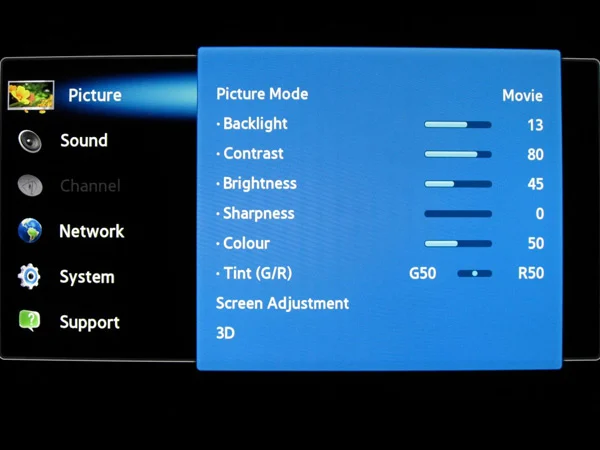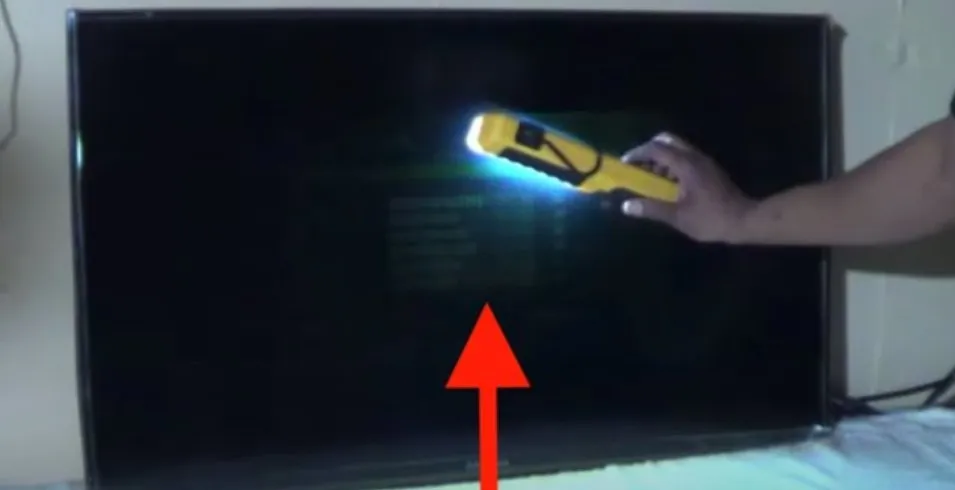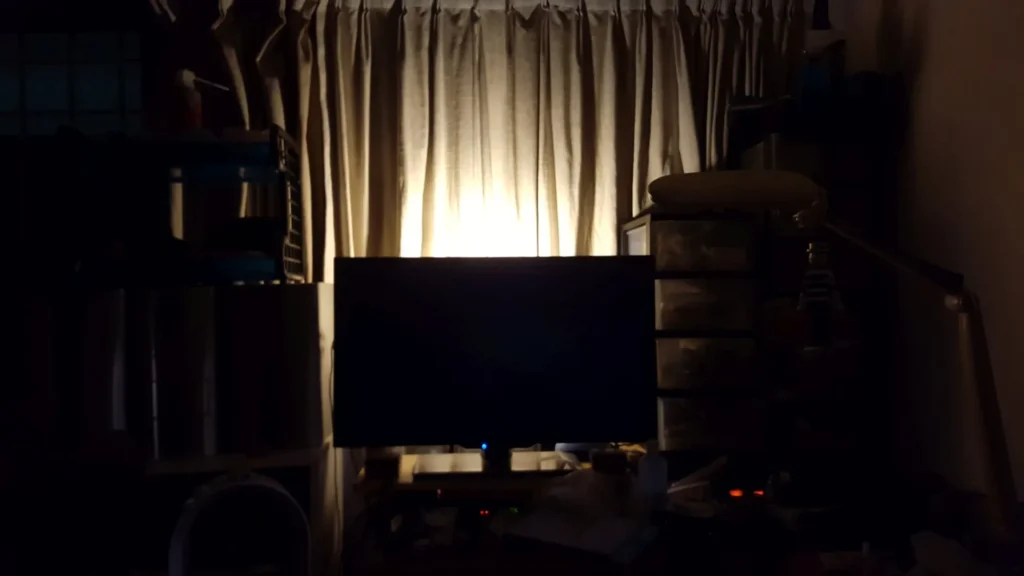A dark TV screen can ruin your viewing experience. Whether it’s too dim to see details or completely black, this issue is common and often fixable. This guide explains why your TV screen might be dark and provides clear, step-by-step solutions to restore its brightness. We’ve analyzed top resources and added unique tips to help you troubleshoot effectively.
Why Your TV Screen Is Dark
Several factors can cause a dark TV screen. Understanding these helps you find the right fix. Here are the main reasons:
- Incorrect Settings: Picture modes like Cinema or low brightness settings can dim the screen.
- Hardware Issues: A failing backlight or power supply may cause darkness.
- External Factors: Bright room lighting or glare can make the screen appear darker.
- Software Glitches: Outdated firmware or bugs can affect display quality.
Step-by-Step Solutions to Fix a Dark TV Screen
1. Adjust TV Settings
Many dark screen issues stem from incorrect settings. Here’s how to fix them:
Change Picture Mode
TVs have preset modes like Standard, Vivid, or Cinema. Cinema mode often darkens the screen for a theater-like effect. Switching to Vivid can brighten it.
- Press the Menu or Settings button on your remote.
- Navigate to Picture settings.
- Select Picture Mode and choose Vivid or Standard.
- Check if the screen brightens.

Adjust Brightness, Contrast, and Backlight
These settings control how bright and clear your screen looks:
- Brightness: Adjusts overall lightness.
- Contrast: Changes the difference between light and dark areas.
- Backlight: Controls the light behind the screen (for LCD TVs).
To adjust:
- Go to Picture settings in the menu.
- Increase Brightness and Backlight to higher levels.
- Adjust Contrast carefully to avoid washing out the image.
Table: Common Picture Modes and Their Uses
| Picture Mode | Description | Best For |
|---|---|---|
| Standard | Balanced brightness and colors | General viewing |
| Vivid | High brightness and contrast | Bright rooms, sports |
| Cinema | Darker, natural colors | Movies in dark rooms |
| Game | Low input lag, bright visuals | Gaming |
Disable Energy-Saving Modes
Energy-saving or eco modes dim the screen to save power. Turning them off can help:
- Go to Settings > System or General.
- Look for Energy Saving, Eco Mode, or Ambient Light Detection.
- Set it to Off or Standard.
2. Check for Hardware Issues
If settings adjustments don’t work, the problem might be hardware-related.
Test the Backlight
LCD TVs use a backlight to illuminate the screen. If it fails, the screen may appear dark but show a faint image when lit externally.
- Turn on the TV in a dark room.
- Shine a flashlight on the screen.
- If you see a faint image or menu, the backlight may be faulty.

For specific TV brands, see our guides on Fix Element TV Black Screen or Fix LG TV Black Screen.
Check Power Supply
A weak power supply can cause display issues:
- Plug the TV into a different outlet.
- Use a surge protector to prevent power surges.
- Check the power cord for damage and replace if needed.
Inspect Internal Components
Issues with the T-con board or inverter can darken the screen. These repairs are complex and best handled by professionals. Contact your TV’s manufacturer or a technician.
3. Optimize Your Viewing Environment
External factors can make your TV screen appear darker than it is.
Adjust Room Lighting
Bright lights or sunlight can reduce screen visibility:
- Dim room lights or turn them off.
- Close curtains or blinds to block sunlight.

Reduce Glare
Glare from lights or windows can dim the screen:
- Reposition the TV to avoid direct light.
- Consider an anti-glare screen protector.
4. Update Software and Firmware
Software glitches can cause display issues. Updating your TV’s firmware may fix them:
- Go to Settings > System or Support.
- Select Software Update or Firmware Update.
- Follow on-screen instructions to install updates.
For brand-specific reset guides, check How to Reset Toshiba TV or How to Reset JVC Roku TV.
5. Check Your Source Quality
Low-quality video sources can make the screen look dark:
- For streaming, set the quality to the highest available (e.g., 4K or HD).
- Ensure your internet connection is fast enough for high-quality streaming.
- If using a device like Roku, check its video output settings.
Learn more about streaming issues in Fix Paramount Plus Not Working on Fire Stick.
When to Seek Professional Help
If none of these steps work, the issue may require professional attention:
- Backlight Failure: Needs replacement by a technician.
- Internal Component Issues: T-con board or inverter repairs are complex.
- Warranty: Check if your TV is under warranty for free repairs.
Contact your TV manufacturer’s support or visit a local repair service. For persistent issues, consider upgrading to a brighter TV.
Conclusion
A dark TV screen can often be fixed with simple adjustments like changing picture modes or updating firmware. Start with settings, check hardware, and optimize your room’s lighting. If the problem persists, professional help may be needed. Regular maintenance, like updating software, can prevent future issues. Enjoy your TV viewing with these practical solutions!
FAQs
Why is my TV screen dark but I can hear sound?
This often indicates a backlight failure. Test with a flashlight to confirm, then contact a technician.
How do I reset my TV to factory settings?
Go to Settings > System > Reset or Factory Reset. Check brand-specific guides like How to Factory Reset Westinghouse TV.
Can a power surge cause a dark TV screen?
Yes, surges can damage components. Use a surge protector to prevent this.
Is it worth repairing a TV with a dark screen?
Minor fixes, like settings adjustments, are cost-effective. Major repairs, like backlight replacement, may cost as much as a new TV.

